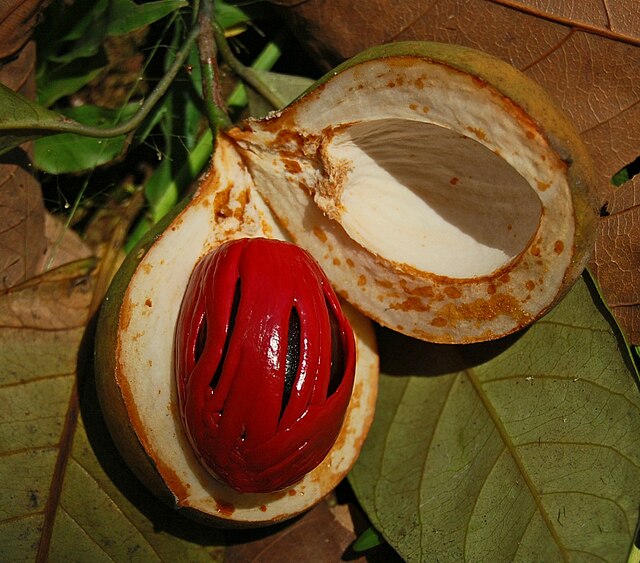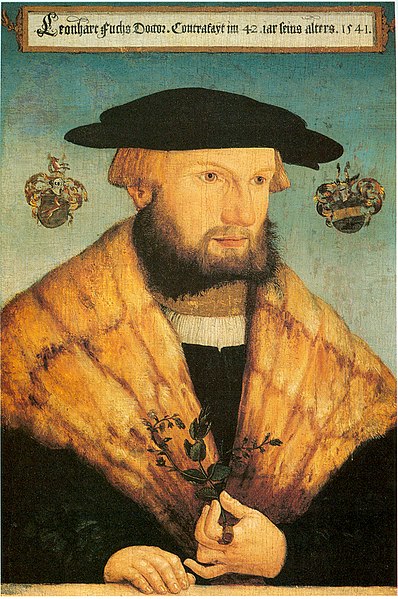Nikolai Ivanovich Vavilov was a Russian and Soviet agronomist, botanist and geneticist who identified the centers of origin of cultivated plants. He devoted his life to the study and improvement of wheat, maize and other cereal crops that sustain the global population.
Vavilov in 1933
Vavilov on a 1987 Soviet stamp
Vavilov (fifth from left to right) alongside geneticist Albert Boerger during his visit to Uruguay in 1937
Vavilov's mugshot, 1942
Botany, also called plant science, plant biology or phytology, is the science of plant life and a branch of biology. A botanist, plant scientist or phytologist is a scientist who specialises in this field. The term "botany" comes from the Ancient Greek word βοτάνη meaning "pasture", "herbs" "grass", or "fodder"; βοτάνη is in turn derived from βόσκειν, "to feed" or "to graze". Traditionally, botany has also included the study of fungi and algae by mycologists and phycologists respectively, with the study of these three groups of organisms remaining within the sphere of interest of the International Botanical Congress. Nowadays, botanists study approximately 410,000 species of land plants of which some 391,000 species are vascular plants, and approximately 20,000 are bryophytes.
The fruit of Myristica fragrans, a species native to Indonesia, is the source of two valuable spices, the red aril (mace) enclosing the dark brown nutmeg.
Leonhart Fuchs
Hieronymus Bock
The Linnaean Garden of Linnaeus' residence in Uppsala, Sweden, was planted according to his Systema sexuale.








